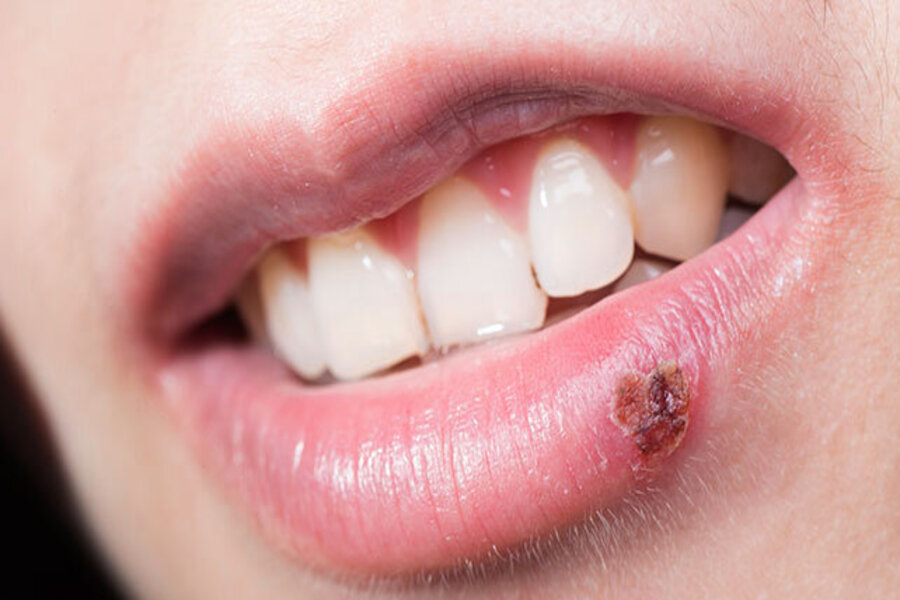Small blisters, known as cold sores, might appear on the lips or the mouth. They are brought on by the herpes simplex virus and often go away on their own in a matter of days. When you become infected, you might not immediately experience any symptoms, but eventually, an outbreak will happen. The tingling, stinging, or burning sensation around your mouth is a common first sign of these cold sores. The edge of your lips is typically where little fluid-filled ulcers then emerge.
Recurrent outbreaks of the herpes virus can happen once it has entered your body. Therefore, if you have ever experienced cold sores, you may already know what to do. If not, continue reading this blog to learn how to treat these sores.
How can cold sores be avoided?
Recurring outbreaks are conceivable if the herpes virus is already inside your body. However, you can do a few things to stop it or lessen its impact. As stress appears to be a factor in cold sore outbreaks, managing stress should be your top priority. Additionally, wear sunscreen and take protective measures because the sun might cause cold sores. It would help if you stayed away from spicy foods, or they can cause cold sores. Furthermore, avoid kissing and sharing utensils, glasses, towels, etc., with those with cold sores. The most crucial factor is strengthening your immune system because a weakened immune system can lead to an outbreak, the flu, or other illnesses.
- Ice
While ice is unlikely to shorten the duration of a flare-up, it can lessen the pain and inflammation associated with cold sores. To get temporary relief, you must place a cold pack on the affected area.
- Apply sunscreen
Sunscreen protects your lips while the cold sore is healing and can also reduce future flare-ups when wearing it daily on the lips. Look for at least SPF 30, and apply it whenever you expect to be in the sun.
- Reduce stress
Reducing your stress levels as much as you can helps avoid cold sores since stress can trigger the herpes virus to emerge from hibernation. Try tactics like meditation and regular exercise that reduce stress. Remember that everyone has varying skills and levels of expertise while you work on these. So feel free to extend yourself a little mercy. Reducing your stress levels as much as possible will help you avoid cold sores since stress can trigger the herpes virus to emerge from hibernation.
- Medications
Using products with doconazole or benzyl alcohol can help shorten the cold sore’s duration. Lysine is a supplement that may be taken orally and sold as a lotion that may help shorten the length of flare-ups.
- Apple Cider Vinegar
Antibacterial and antimicrobial properties are displayed by apple cider vinegar. Once the cold sores have reached the scabbing stage, it can help to stop further infection in the affected area and remove them.
We hope this information helped, do let us know how it helped you.

